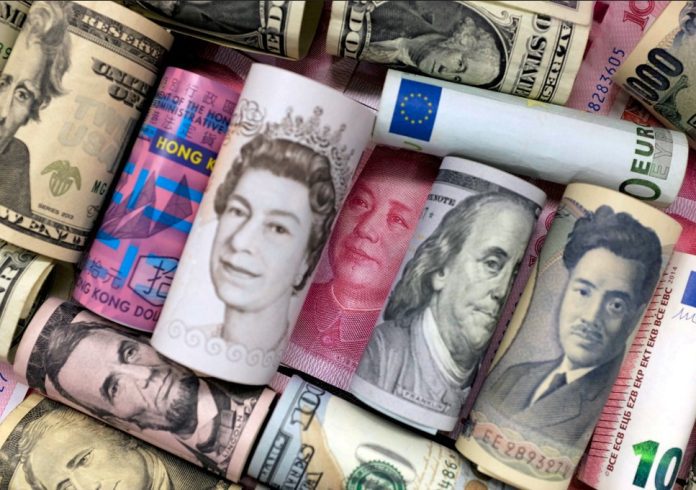News in brief: The CBN is reportedly considering allowing commercial banks to trade forex freely, allowing market forces to determine exchange rates. This move aims to unify multiple exchange rates and address the value discrepancy that has led to reliance on the black market for foreign currency.
The Central Bank of Nigeria (CBN) is allegedly preparing to give commercial banks in the country a go ahead to trade forex freely. Nairametrics broke the news citing ‘multiple sources at the central bank’ and traders with inside knowledge.
Freely trading forex simply means that the banks can sell forex on a willing buy, willing sell basis. Instead of the apex financial institution pegging the price, it will allow the vendors determine the price based on the market.
While there is no official confirmation yet for this news, the media house that reported the story mentioned that the move is in line with what President Tinubu said about unifying the multiple exchange rates. Before now, commercial banks had to sell the dollar, for example, at about â¦460. However, on the parallel market, it was about â¦760.
With the value discrepancy, it has been difficult to obtain forex from banks over the counter and Nigerians have had to resort to black market vendors. Although they have existed since the 1980s, as this article claims, they have become even more popular in recent years.
A free forex market will likely lead to fluidity and increased access. Black market vendors could lose a lot of business if CBN moves forward with the plan.
A freely floating exchange rate economy is characterised by price fluctuations and while it affects all sectors, the import and export industry see most of the effects. One advantage of this type of economic strategy is that forex exchange will reflect the true state of things in a country. Stay up-to-date with our newsletter to catch new developments on the rumour about Nigerian banks being allowed to freely trade forex and more.



